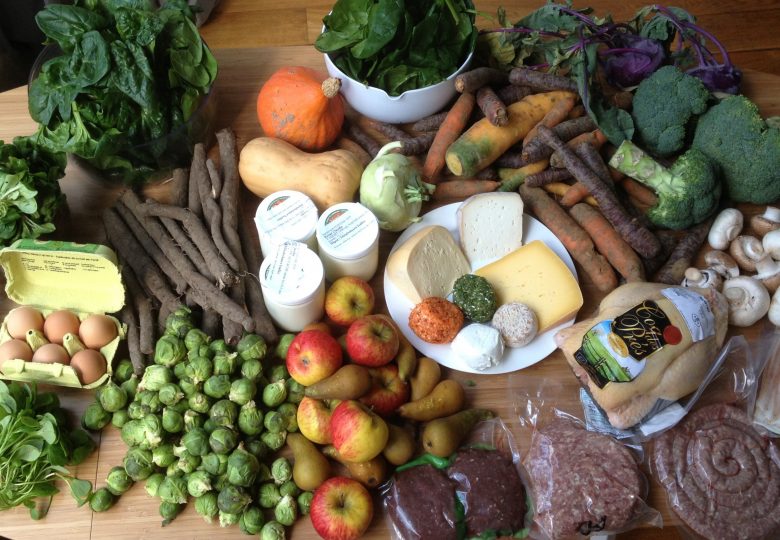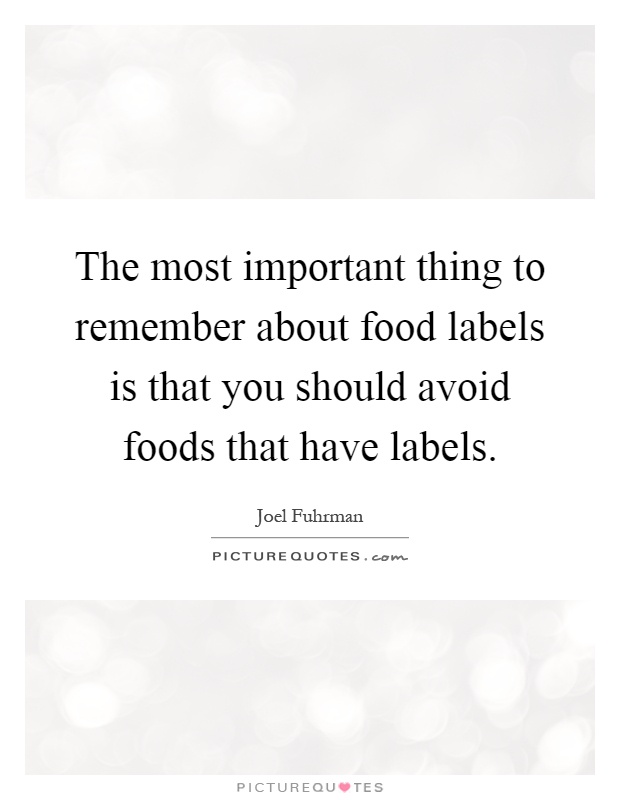What is regenerative / fertile food?

Switching from edible food products to natural and unprocessed (or only gently processed) foods is a necessary first step, but it cannot stop there, at least not if your goal is optimal health and fertility.
If you want your food to optimally support your health and fertility, it needs to be grown in or raised on healthy and fertile soil. It also needs to help regenerate that very soil’s health and fertility. Only then can it actually regenerate your personal health and fertility. Regeneration goes beyond sustainability. To sustain simply means to maintain status quo – to continue doing what we are doing without deteriorating, but without improving either. However, these days the state of depletion of both, soils and bodies, is so advanced, that sustaining is no longer enough. We need regeneration, in other words to replenish and increase health and fertility. We definitely do NOT need further degeneration and depletion.

Regeneration in agriculture means to balance the ph of the soil, to build top soil and to increase the amount of humus the soil contains. Such a fertile soil will be full of life and has the capacity to take a lot of CO2 out of the atmosphere and store it in the soil – a process called carbon sequestration. It also has the capacity to absorb and hold a lot of water, which is crucial to prevent both droughts and floods. Systems of regenerative agriculture vary, but the shared principle is to leverage the synergy between plants and animals. Creating compost from plant matter and animal excrements is one popular way. Using cover crops (keeping the soil covered at all times) is another. A powerful, yet still under-explored way is high intensity – low duration rotational, holistic grazing. In that system, herds of animals are rotated to fresh spots of grass every few days.

Most foods, including natural foods and even many “organic” foods are unfortunately grown in ways that do NOT regenerate the soil and thus the body. In best case they sustain it, but even that is not a given.
Per definition, regenerative and fertile food is free of pesticides, genetically modified organisms (GMOs), unnecessary medication (such as antibiotics), artificial additives or hormones. (Some big companies are now claiming to produce in regenerative ways, because they use cover crops, but they still spray with Roundup…). Chemical substances disrupt your endocrine system and gut flora and put an extra burden on your liver to detox. Hormones administered to factory-farmed animals (which is forbidden in Europe, but possible in other continents) directly interfere with your own hormones. Pesticides mimic estrogen in the body and contribute to estrogen dominance, a syndrome leading to many health issues, from early puberty, to menstrual issues, fertility issues and even breast cancer. They also negatively affect the thyroid. The long-term effect of GMOs is still not very clear, but considering that such foods would never exist in nature and that they usually go hand in hand with heavy pesticide treatment, it is common sense to avoid them. Antibiotics kill your healthy gut bacteria. In general, produce that has not been “protected” through toxic substances is stronger and contains more nutrients and antioxidants. It tends to be tastier, too.

From a chakra perspective, the conclusion is the same. The 1st chakra (root chakra), which is connected to reproduction, is weakened by toxins that stress your immune system. When it comes to food, this includes chemical substances, such as pesticides, GMOs or heavy metals, but also additives, such as artificial sweeteners, preservatives, taste enhancers and colorants found in processed food. Industrial food tends to be more reactive in general, especially the commercially over-exploited ones: sugar, wheat, corn, soy, peanuts and pasteurized dairy.
Please note that the organic label is not a guarantee for regenerative, fertile food and that not being labeled organic does not necessarily mean that the food is not regenerative nor fertile.
The market for organic food is a very profitable one and as a consequence there are a lot of industries jumping on the train. Contrary to many individual farmers, who farm out of passion and inspired by a certain philosophy (and of course also to make a living), businesses are first and foremost profit-driven and simply look at what the minimum requirements are to be able to label a food organic. In fact, under the lobbying of industries the minimum requirements have been lowered a lot, allowing more and more chemical substances also in the growth of organic food. The same is true when it comes to animal welfare standards – there can be big differences between the organic food produced in and for the masses and small-scale organic food from a local farm. Most of the scandals we have seen, i.e. with organic eggs can be attributed to industrial organic produce. Also, the farmers are usually not as well remunerated and are in a very vulnerable and weak position. They cannot sell all their produce, because the big distributors only accept the most beautiful, calibrated foods. On top of that, many organic products are actually not local, but imported from far away, resulting in the weird situation where you can choose between local, but conventional potatoes and organic potatoes imported from Israel… The organic produce will on top often be wrapped in plastic, to keep it separate from the conventional produce (a legal requirement), with all the negative consequences of this plastic on our individual and the planetary health and fertility.
Food processing is another effect of the increased industrialization of organic. Many “organic” products are just as processed and almost as unhealthy as the conventional ones. Sure, organic sugar is better than regular sugar, but too much sugar is still bad for you. Even if you shop in bio shops it is thus crucial to read labels to discern healthy, fertility-supporting real foods from fertility-sabotaging edible food products.
All in all, there is only one thing that regenerates in this scenario and that is the profit of the industries.

The questions I suggest you ask yourself to determine whether a food is regenerative or degenerative are:
- How has the food been grown or raised? Which farming practices do I support by buying that food? WHO do I support by buying that product? Small farmers or big industries? Local economy or multinational companies? Do you understand now why there can be no generic answer to questions such as “is milk good or bad”? It all depends how it has been produced.
- How has the food been processed? What has been done to it after production? A food grown in a regenerative way can become degenerative if it is overly processed (example: sterilized milk).
- Who is eating the food? We are all individual and need different foods to be in metabolic balance. Even if the milk comes from cows raised in a regenerative way and is not processed it might not be good for your individual body.
- In what state are you eating the food? Even if the food is of the highest quality and would be good for you, if you are eating it under a state of stress, guilt, fear, obsession, worry… it will not help you regenerate, because you will not be able to digest and assimilate it correctly.
If you desire to learn more about how to regenerate both your body and soul, check out my online course “Regenerative Chakra Nutrition”

